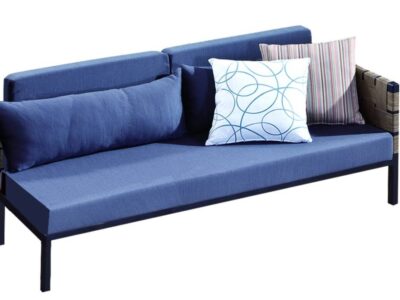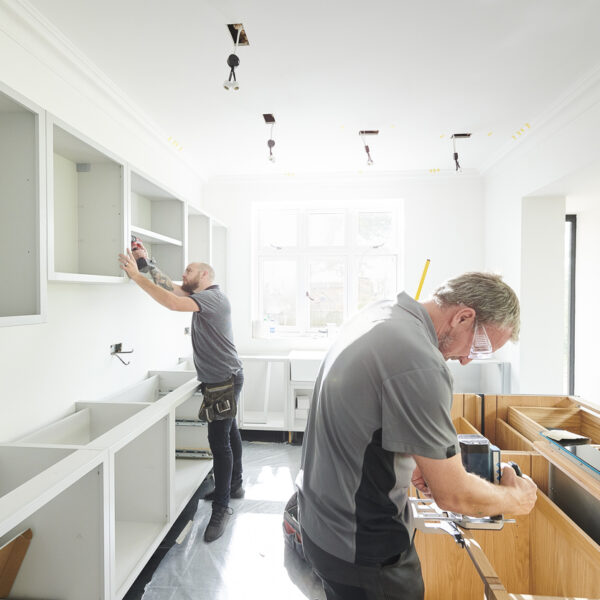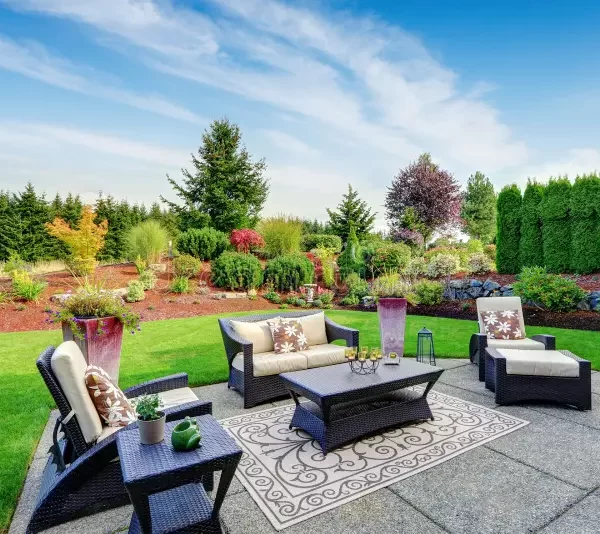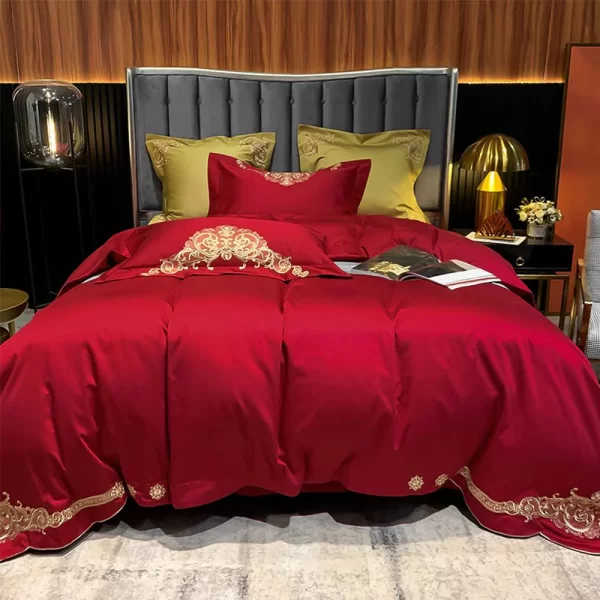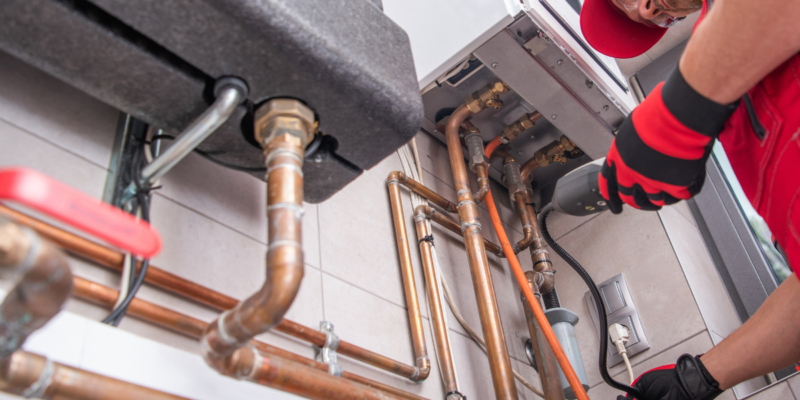
Imagine a world where you can enjoy fresh, clean air in your home without sacrificing energy efficiency or comfort. This isn’t a utopian fantasy; it’s the reality offered by heat recovery systems (HRS). Often overshadowed by flashier green technologies, HRS are quietly revolutionizing the way we manage our indoor environment.
This article delves into the world of HRS, exploring the challenges they address, their ingenious design, and the multitude of benefits they offer homeowners seeking a healthier, more sustainable living space.
The Fresh Air Conundrum
Modern homes are built to be airtight, minimizing energy loss through drafts. While this translates to lower heating and cooling bills, it also creates a conundrum: how to maintain fresh air circulation without sacrificing that energy efficiency.
Traditional solutions often involve a trade-off. Opening windows lets in fresh air but also allows precious heated and cooled air to escape. Conversely, relying solely on HVAC systems for ventilation can lead to stale indoor air and increased energy consumption.
Enter the Heat Recovery System
Heat recovery systems offer a game-changing solution. They continuously exchange stale indoor air with fresh outdoor air, but with a clever twist: In order to pre-temper the entering fresh air, they absorb the thermal energy from the departing air stream.
Here’s a breakdown of the core components that make this magic happen:
- Heat Exchanger: This is the heart of the HRS. It’s a cleverly designed unit where exhaust air and incoming fresh air come into close contact without actually mixing. In effect, the heat exchanger preheats (or precools) the incoming fresh air before it enters your living space in the winter or summer. It does this by transferring thermal energy from the exiting warm (or cool) air to the arriving fresh air.
- Fans: HRS units utilize fans to draw in stale exhaust air and push out pre-tempered fresh air.
- Filters: In order to provide a healthier indoor atmosphere, the majority of HRS are fitted with filters that eliminate dust, pollen, and other airborne pollutants from the entering fresh air.
- Bypass Option (Optional): Some systems offer a bypass option that allows unconditioned fresh air directly into the home during periods when heat recovery isn’t necessary, such as during mild weather.
Types of Heat Recovery Systems
Heat recovery systems come in various configurations, each with its own advantages:
- Air-to-Air Heat Recovery (AAHRS): The most common type, AAHRS transfers thermal energy between exhaust and incoming air streams. They are suitable for most climates and offer excellent efficiency.
- Desiccant-Based Heat Recovery (DHRS): Ideal for humid climates, DHRS utilizes a desiccant wheel to remove moisture from exhaust air before transferring heat. This prevents moisture transfer to incoming fresh air, reducing potential condensation issues.
- Run-Around Coil Heat Recovery (RACHR): This system uses a closed-loop liquid to transfer heat between air streams. RACHR systems offer high efficiency but require additional installation complexity.
The Power of Pure Air: Unveiling the Benefits of HRS
Installing a heat recovery system in your home goes beyond just saving energy. It unlocks a multitude of benefits that can significantly improve your quality of life:
- Energy Savings: HRS significantly reduce the workload on your HVAC system. By preheating or pre-cooling incoming air, the system minimizes the amount of energy needed to reach the desired indoor temperature. Lower energy costs and a lesser carbon impact result from this.
- Improved Air Quality: HRS continuously refreshes your home with filtered fresh air, removing stale air, dust, pollen, and other airborne pollutants. Those who live in polluted areas or suffer from allergies may find this especially helpful. Research has demonstrated that HRS can greatly enhance indoor air quality, which reduces respiratory issues and enhances general health.
- Reduced Condensation: By preheating incoming air in winter, HRS helps prevent condensation on windows and walls, minimizing the risk of mold growth and moisture damage. Over time, this can save you money on maintenance and repairs.
- Year-Round Comfort: HRS provides consistent thermal comfort throughout the year. In summer, it cools incoming air, reducing reliance on air conditioning. Conversely, in winter, it warms incoming air, creating a more comfortable environment without excessive heating. This balanced approach keeps your home feeling fresh and comfortable all year round.
- Durability and Low Maintenance: HRS units are generally built to last and require minimal maintenance. Cleaning filters on a regular basis is essential for best results. Nonetheless, HRS have fewer moving components than intricate HVAC systems, which lowers the possibility of malfunctions.
Is a Heat Recovery System Right for You?
- Climate: HRS are most beneficial in climates with distinct seasonal variations. Homes in regions with hot summers and cold winters will see the most significant energy savings from pre-heating and pre-cooling capabilities. However, even in milder climates, HRS can improve air quality and reduce condensation issues.
- Home Type and Size: HRS work well in most home types and sizes. However, the specific system chosen will depend on the size and layout of your home. The best system for your requirements can be found with the assistance of a trained HVAC specialist.
- Ventilation Needs: If your home has limited natural ventilation, a HRS can be particularly beneficial. Tightly sealed homes often rely solely on HVAC systems for air exchange, which can lead to stale air. HRS offer a continuous stream of fresh, filtered air without compromising energy efficiency.
- Budget: The kind and size of the system will determine how much it will initially cost to establish an HRS. However, the long-term energy savings, improved air quality, and year-round comfort benefits can significantly offset the initial investment. Additionally, some government incentives or rebates might be available for installing energy-efficient technologies like HRS.
Living with a Heat Recovery System
You may anticipate a more pleasant and healthful living space with better air quality and reliable temperature management after your HRS is installed. Here are a few more things to think about:
- Minimal Noise: Modern HRS units operate very quietly and shouldn’t disrupt your daily routine.
- Control Options: Many HRSs offer control options that allow you to adjust settings and potentially schedule operation for optimal efficiency. You might be able to set the system to bypass the heat recovery function during mild weather or adjust fan speeds for a quieter operation at night.
- Professional Installation: For optimal performance and long-term benefits, it’s crucial to have a qualified HVAC professional install your HRS. They can ensure proper sizing, installation, and integration with your existing ventilation system.
Heat recovery systems are no longer niche technologies; they are powerful tools for creating a healthier, more sustainable home. By harnessing waste thermal energy and providing a constant stream of fresh, filtered air, HRS offer a compelling alternative to traditional methods of ventilation and temperature control. While the initial investment might be a consideration, the long-term energy savings, improved air quality, and year-round comfort benefits can be significant.
Before taking the plunge, consider your climate, home size, and ventilation needs. Consulting with an HVAC professional can help you determine if a HRS is the right fit for you and recommend the most suitable system for your specific situation.
By embracing heat recovery technology, you can breathe easier, knowing you’re contributing to a greener future while enjoying a more comfortable and healthy living environment for yourself and your family. So, why not explore the possibilities and unlock the power of heat recovery in your own home? It might be the secret weapon you’ve been waiting for to create a truly sustainable and healthy haven.

